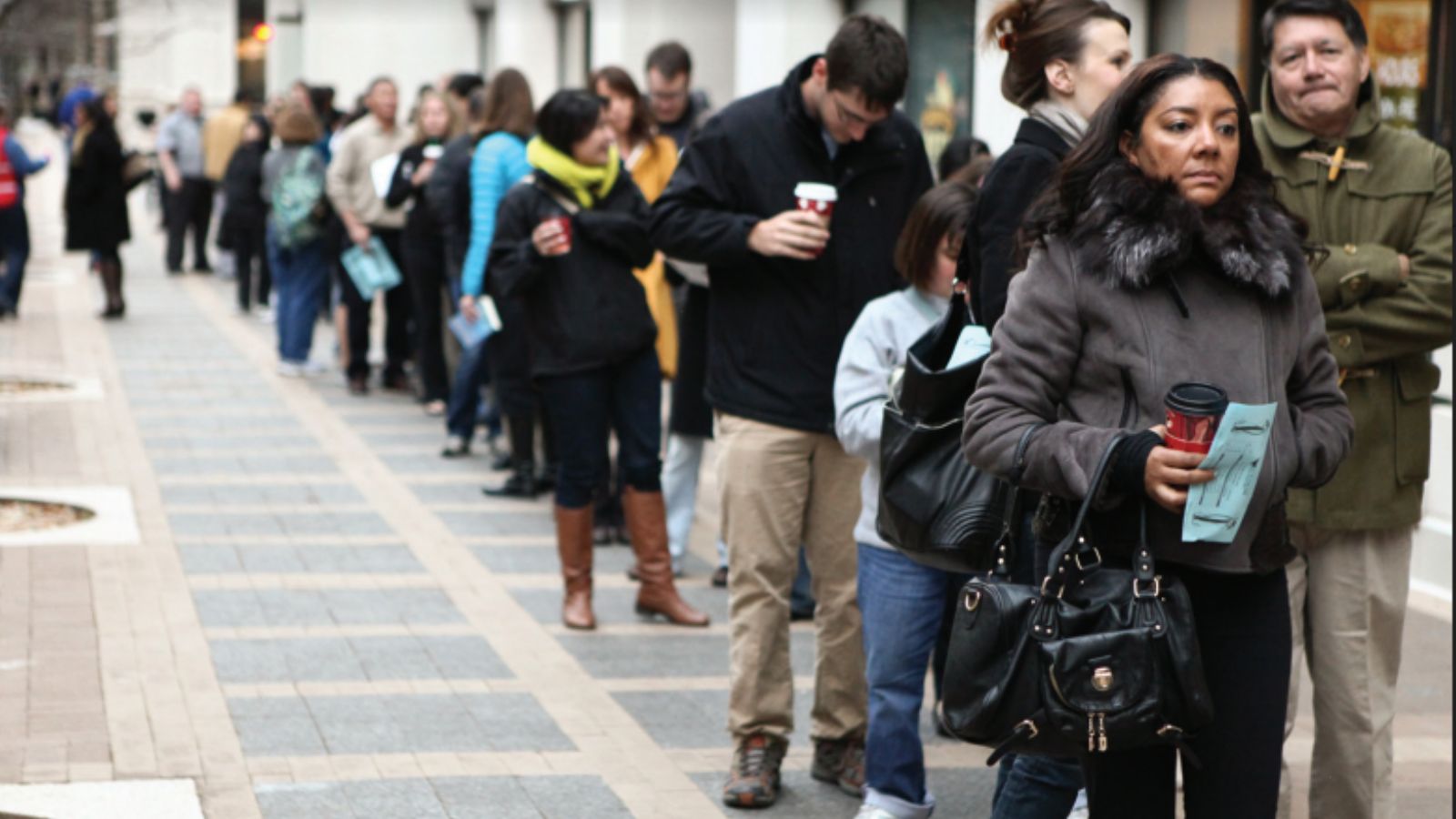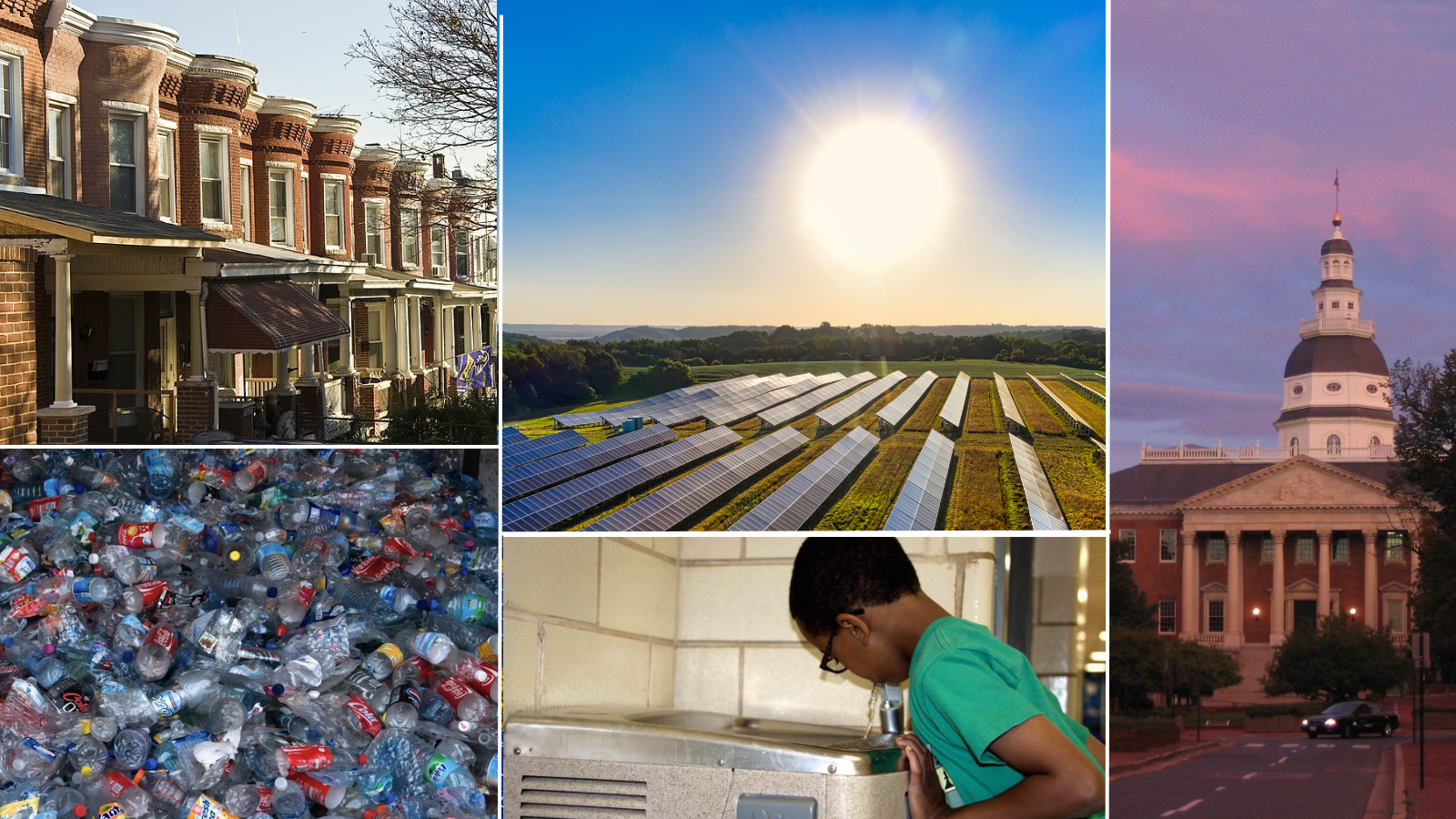
Testimony: Election Day Registration
Our testimony on the bill to allow eligible voters to register to vote, update their registration, and vote on Election Day.
For more than a decade, Maryland PIRG has adovcated for Election Day Registration (EDR) as a means to help ensure all eligible voters are able to participate in elections. In fall, 2018, Maryland voters overwhelmingly supported an amendment to the state constitution to enable EDR, and at long last our legislators in Annapolis are working to finalize the program. Below is our testimony in support of a new law (SB449/HB286).
A functioning democracy depends on the participation of its citizens. Every American – Republican, Democrat, Independent – has a fundamental right to vote and have their voted counted. Voting also serves as a building block to more active involvement in civic life. Voting is habit forming, and it is critical to form these habits early for young voters.
We should make every effort to increase voter participation by making voter registration and the act of voting as simple and accessible to all eligible voters as possible. Unfortunately, many eligible Maryland voters are not voting, due in part to our outdated system of voter registration.
Many Marylanders, especially young Marylanders, are not participating in elections. In the 2016 presidential election, turnout in Maryland as a percentage of the voting population was at its lowest in 24 years. In 2018, turnout of voters under 29 was at 31% compared to 47.5% of all eligible voters turned out. While this was an increase of 10% in youth voter participation since the last midterm election, it is not good enough. Numerous studies have shown that voting is habit forming, and youth who vote are more likely to become life-long voters. Likewise, young people who are registered to vote turn out in high numbers, very close to the rate of older voters. The voter registration gap in young people is a driving force in low youth voter participation.
In Maryland PIRG’s 45-year history of working with young people and running non-partisan voter registration drives, we have found that most young people want to and intend to participate in voting, but as new voters, they often struggle to navigate the voter registration system or forget they need to update their registration every time they move.
During the 2018 midterm elections, for example, Maryland PIRG students helped register and turn out more than 2,800 University of Maryland students to vote. Election after election in states across the country we have found that if ask students to vote and help them navigate the system, they will.
Marylanders can update their addresses or register for the first time during Early Voting. More than 12,000 voters used the program in 2018. We should expand this program to Election Day.
Election Day voter registration should work hand in hand with the Secure and Accessible Registration Act, a form of Automatic Voter Registration (AVR) which passed in 2018, in order to get as many eligible voters on the rolls before Election Day as possible. Election Day Voter Registration will be limited to the small number of voters who need to update registration or have otherwise fallen through the cracks of our voter registration process.
By updating our voter registration process we can: encourage first time and young voters; we can increase civic participation; and, we can build a more functional democracy.
We respectfully request a favorable report.
[1] A Boatload Of Ballots: Midterm Voter Turnout Hit 50-Year High, NPR, November 8, 2018.
[2] Young People Dramatically Increase their Turnout to 31%, Shape 2018 Midterm Elections, CIRLCE.
Topics
Authors
Emily Scarr
State Director, Maryland PIRG; Director, Stop Toxic PFAS Campaign, PIRG
Emily directs strategy, organizational development, research, communications and legislative advocacy for Maryland PIRG. Emily has helped win small donor public financing in Baltimore City, Baltimore County, Howard County, Montgomery County, and Prince George's County. She has played a key role in establishing new state laws to to protect public health by restricting the use of antibiotics on Maryland farms, require testing for lead in school drinking water and restrict the use of toxic flame retardant and PFAS chemicals. Emily also serves on the Executive Committees of the Maryland Fair Elections Coalition and the Maryland Campaign to Keep Antibiotics Working. Emily lives in Baltimore City with her husband, kids, and dog.
Find Out More

Fair Elections in Maryland Counties

Our 2023 Legislative Agenda and Priorities

Testimony: Local Public Campaign Financing – Expansion to Additional Offices

